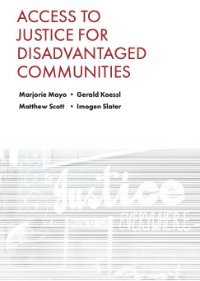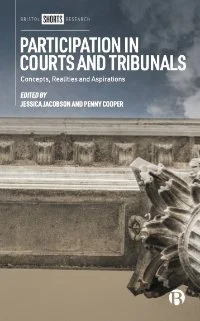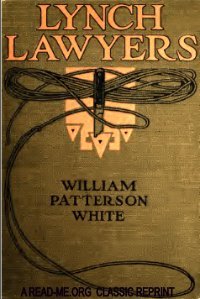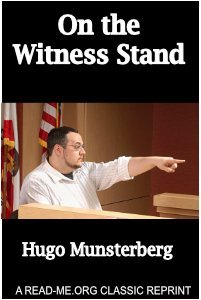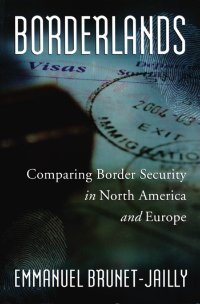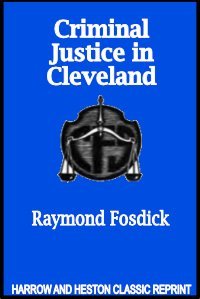By Michael J. Lynch and E. Britt Patterson.
Collection of original and authoritative articles covering role and definition of race in criminal justice research, bias crimes, race and policing, juvenile justice, and much more. CONTENTS: 1. Law, Justice, and "Americans": An Historical Overview/Bailey. 2./Garofalo. 3.Minorities and the Police/Smith,Graham and Adams. 4.Bias in Formalized Bail Procedures/Patterson and Lynch. 5. Ethnic, Racial, and Minority Disparity in Felony Court Processing/ Farnworth,Teske and Thurmond. 6. Race and the Death Penalty in the United States/ Bohm. 7.The Over-representation of Blacks in Florida'sJuvenile Justice System/Tollett and Close. 8. American Indians and Criminal Justice/ Zatz, Chiago, Lujan and Snyder-Joy. 9. An Examination of Ethnic Bias in a Correctional Setting:The case of the Mariel Cubans/Clark .10. Racial Codes in Prison Culture/Thomas. RECOMMENDED: Adopted widely throughout the United States for courses on Race and Crime or Criminal Justice. The comprehensive coverage, avoidance of ideological jargon, and use of scientifically controlled studies makes this text is excellent for class use. Use with companion volume, "Justice with Prejudice," which examines the criminal justice management and personnel side of Race and Criminal Justice, and uses a more qualitative and theoretical approach.
Harrow and Heston Publishers. 1985. 205p.




